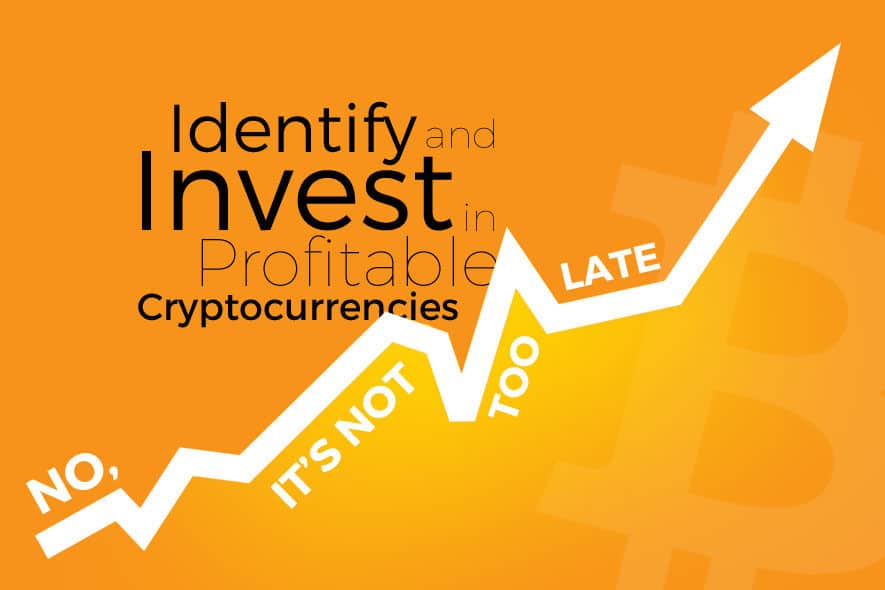What Is “Black Swan” and What Does Blockchain Have to Do With It
The explosive growth of bitcoin, numerous ICOs, and the talk of the potential of cryptocurrencies taking place in the highest corporate and government circles that are happening right now before our eyes seem to obscure the root technology underlying all these events from the mass observer.
Blockchain is a space of revolutionary surprise. All of the phenomena mentioned above are unpredictable, no doubt, but what is their real impact on our world today, on its future, and on the institutions that we know today? Is the potential of Bitcoin, Ethereum, and junior cryptocurrencies enough to pull the rug out from under the feet of fiat money? Can the ICO procedure shake the usual forms of investment in a business preparing to start? Can new technologies really change the status quo that has been established in the economy, politics, and public life, being in the hands of those who are interested in preserving it?
What properties inherent in blockchain technologies will allow them to be truly effective? What can damage blockchain or even undermine its foundations? How to make blockchain become a real “black swan” and be able to maximize its potential?
Isn’t Blockchain a “Black Swan” Yet?
According to the definition, “black swans” must meet three criteria. The term was coined by the American economist Nassim Taleb, a researcher of unpredictable phenomena and their impact on the world. In his book Black Swan. He lists them under the sign of unpredictability, saying that:
- firstly, such an event is a surprise that lies outside the ordinary examination since nothing foreshadowed it;
- secondly, the event has very serious consequences;
- thirdly, looking back, people find rational explanations for this event since human nature is arranged in such a way that it tends to create retrospective theories that arise already after the accomplished fact.
Let’s summarize: uniqueness and surprise; colossal importance and influence; a retrospective, not a prospective, explanation of emergence.
The emergence and development of the blockchain, of course, meet the first sign – unpredictability. Increasingly, one can also hear that the emergence of this technology necessarily followed from those theories that arose among cypherpunks and crypto-anarchists. This suggests that the blockchain also falls under the third sign – a retrospective “supposedly predictable.”
But do blockchains really have such a powerful impact on the world today that they can be compared with classic examples of “black swans” – the emergence of the Global Network, 9/11, or the collapse of the Soviet Union?
It seems that it is too early to talk about such a scale of influence. Of course, blockchain has the potential to seriously change the existing world. But whether this will happen is not only a question of time but also of what fate awaits this technology. Whether the use of blockchain transactions will become an event as significant as the invention of printing by Gutenberg or the forthcoming creation of strong artificial intelligence depends primarily not on strong actors seeking to subjugate its capabilities but on us, ordinary users of this technology, who are able to defend its authenticity, and the principles on which the blockchain is built.
The Power of Blockchain
Behind the passion for cryptocurrencies, today, we often forget about the fundamental basis of blockchain technology. A transaction here is not always a means of payment or a financial instrument.
Blockchain is primarily a means of securing agreements. This is a powerful tool for ensuring the authenticity of events recorded using block chains. Increasingly popular opportunities such as the use of blockchain in the registration of land rights, patents, and compliance with democratic procedures – this is the true purpose of this technology. And this is just the tip of the iceberg, which is already visible to us today when the use of blockchain is less than ten years old.
Blockchain-based solutions allow for building trust relationships in small third-world countries or provincial areas of developed countries. These include the aforementioned solutions for fixing land rights and the possibility of access to patenting inventions and professional know-how for those who do not have access to expensive lawyers.
Another area of application of blockchain technologies is building a financial infrastructure protected from corruption in developing countries and creating opportunities for cashless payments in the unbanked environment of the poorest segments of the population of African countries.
Unbanked are people who do not have access to banking services ranging from cashless payments to deposits where deferred funds could grow. In many countries such as Kenya or Somalia, in remote parts of India and Latin America, many people today are still forced to use cash. In these regions, cash carries a serious danger – it is easily appropriated and therefore available to criminal elements. Because of this, local residents, for the most part, are forced to spend all the money, trying not to keep them on their hands.

The result of this is that they have no savings, and when faced with the need for large expenses, they are powerless: there is no money that they could use to pay for urgent medical interventions or, saving little by little over the years, invest in the education of their children. This is a vicious circle that arises because the payment instruments available to them are not suitable for any safe accumulation in the conditions in which these people find themselves.
At the same time, the experience of those areas where the introduction of cashless payments is possible, as is happening in some states of India or on the coast of Somalia, suggests that the transition to this form of payment contributes both to a decrease in crime and to an increase, albeit slowly, in the general the welfare of the population.
A technology that has such powerful capabilities to establish secure and guaranteed non-falsifiable communication that builds trust and therefore strengthens communities does not deserve to become just another pass-through tool of influence and enrichment.
For premium readers







